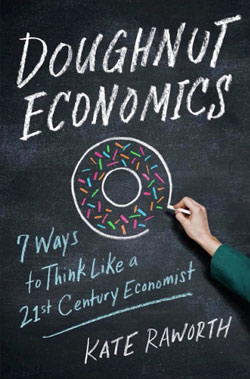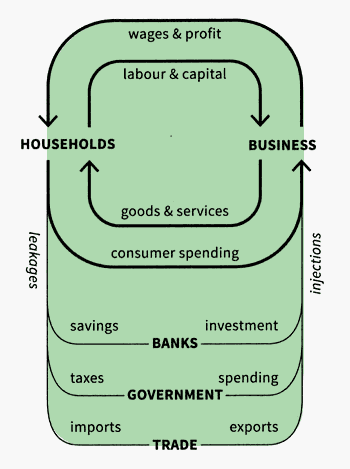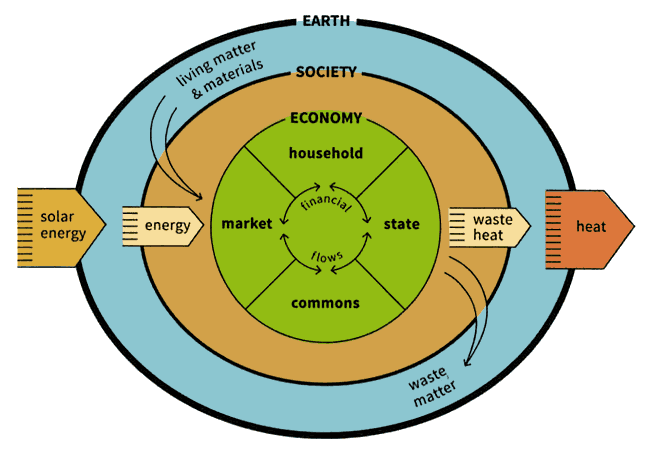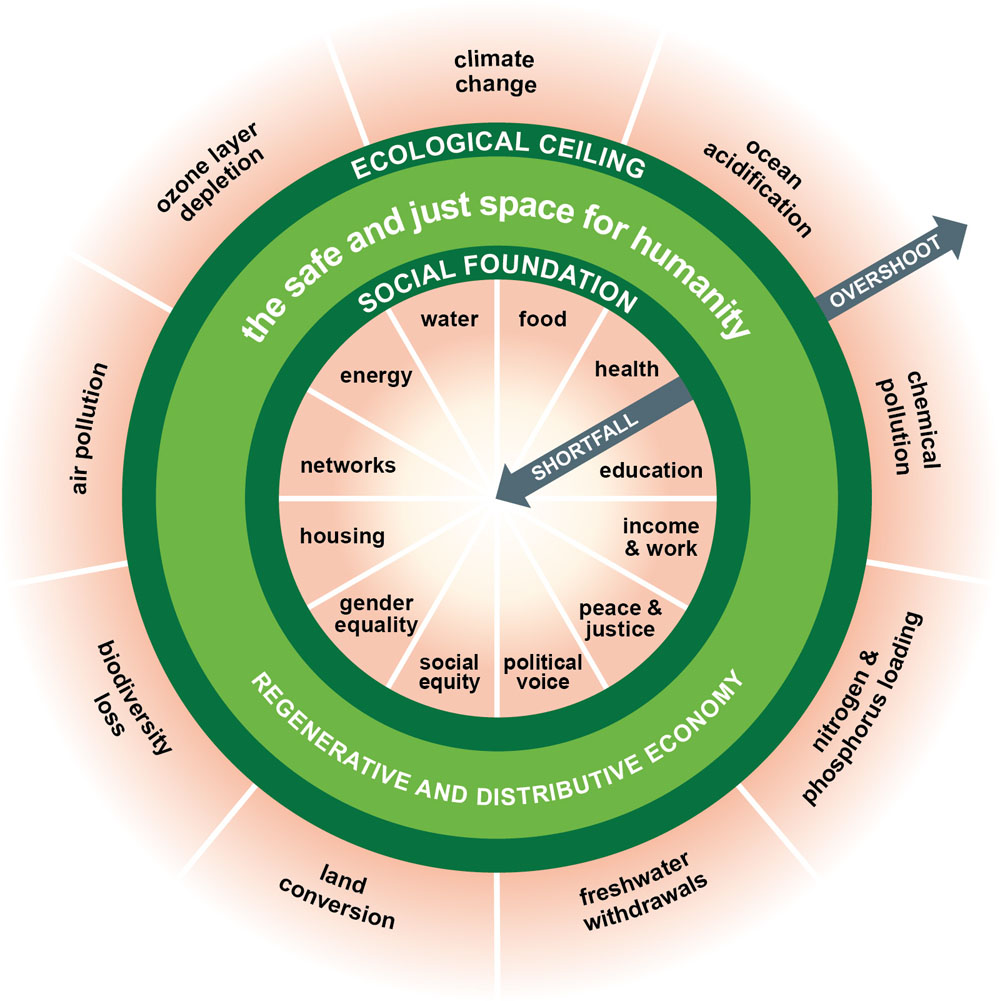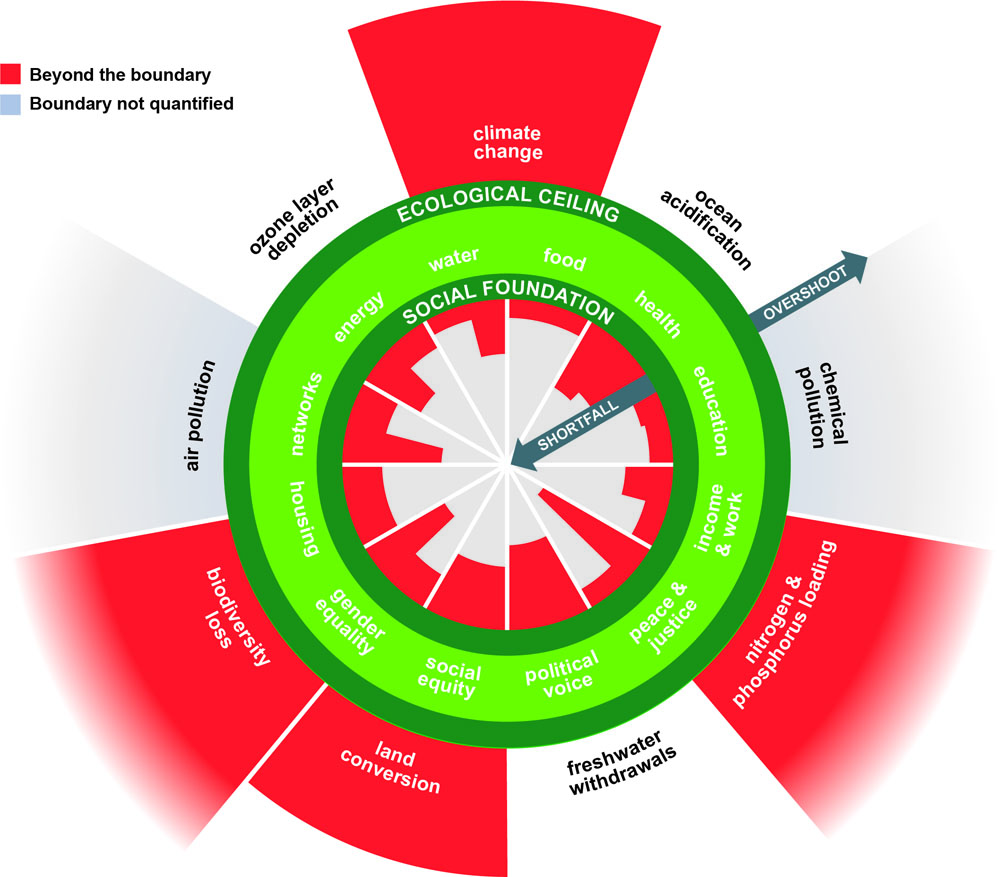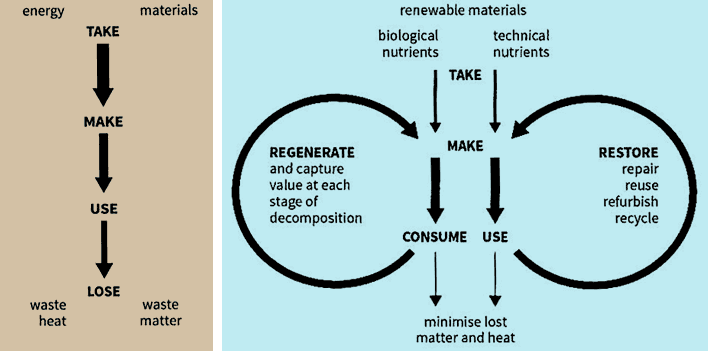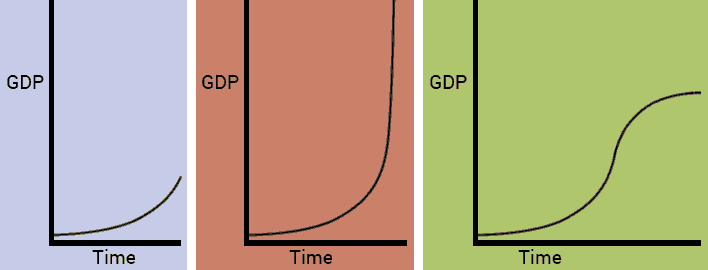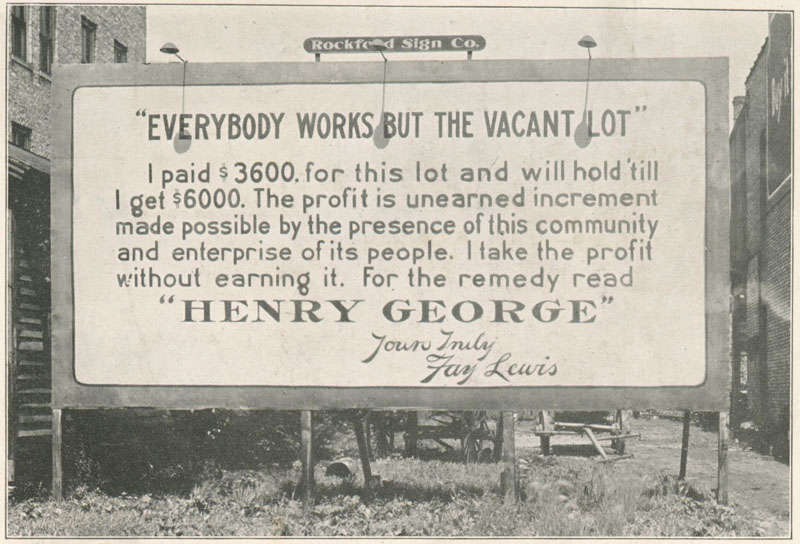
Book Review
Doughnut Economics
7 Ways to Think Like a 21st Century Economist
Kate Raworth
Hardcover edition 2017
Review by George Kasabov
Contributing Writer
Economics is broken. It has failed to predict, let alone to prevent, financial crises that have shaken the foundations of our societies. Its outdated theories have permitted a world in which extreme poverty persists while the wealth of the super-rich grows year on year. And its blind spots have led to policies that are degrading the living world on a scale that threatens all our futures.
This challenge appears on the flyleaf of Kate Raworth’s book, Doughnut Economics: Seven Ways to Think Like a 21st-Century Economist, and she begins her story with her student days, when she went to Oxford University to study PPE (Politics, Philosophy and Economics) in the expectation that this would provide a basis for understanding how to act well in the world. But, although she gained a first-class degree, she was deeply disappointed with what she was taught.
She found that economics was based on a caricature of humanity. A caricature that bore little resemblance to the socially adaptable humans with whom we all live. Economists had adopted a pitifully restricted view, consisting of collections of lone individuals, each called “Rational Economic Man.” A man with a money bag in his hand a calculator in his brain, and an omniscient view of something called “The Market.” A market that was supposed to be unaffected by the fear and greed of his fellows. An isolated individual without connections or obligations to family, to place or to culture, whose only motivation is supposed to be rational self-interest. A competitive being, without regard for any harm his actions would do to fellow humans. All this says more about the nature of economists than it does about all other humans.

She also found that economists in the late 19th century, at a time when Newtonian science was held in high regard, set out to formulate their concepts to look like those of classical physics. They adopted this unsuitable methodology for describing the interdependent complexity of life, in order to gain a certain “scientific” respectability. They also increasingly restricted their sphere of discourse to factors which could be measured by money, ignoring factors which are essential to life, but for which no one pays in our society, such as the sun’s energy, family love and caregiving, compassion, charitable work and other voluntary effort (such as Wikipedia and Linux are now), or the absorption and regeneration of waste by the planet.
Finally she found that economists labored under the assumption that growth is essential for prosperity, a very questionable goal on our finite globe. But a goal which is accepted and advocated by academics, politicians and the media the world over.
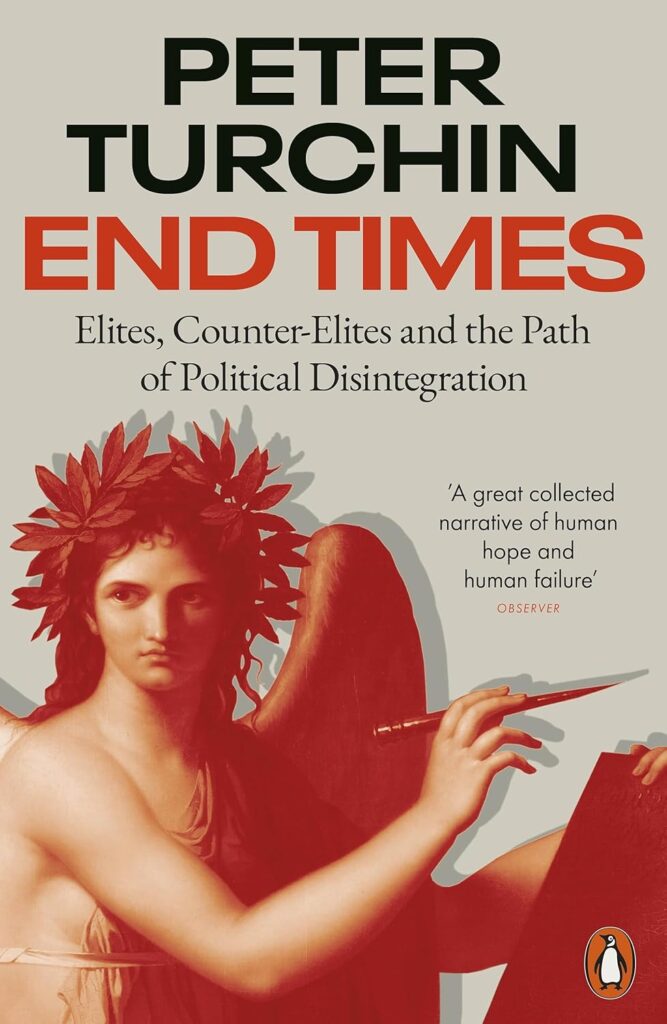
End Times
Elites, Counter Elites, and the Path of Political Disintegration
By Peter Turchin
Review by John Zada, Contributing Writer
In End Times, Peter Turchin examines the complex interplay of socio-economic factors that, he asserts, repeatedly throw societies into decay, crisis, and often violent collapse.
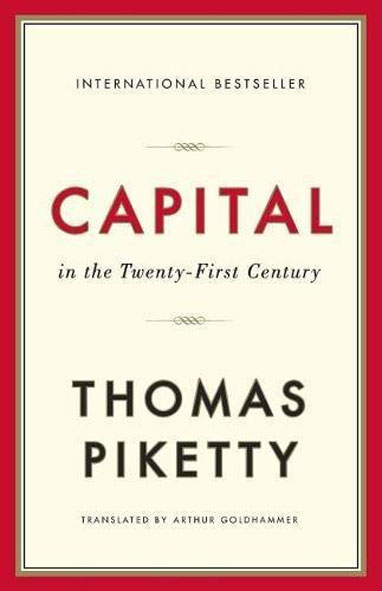
Capital in the Twenty-First Century
Thomas Piketty
A leading economist documents the trend of income inequality through history, stressing that the way an economy functions is directly related to a power structure that is determined and maintained by the few who hold the wealth.
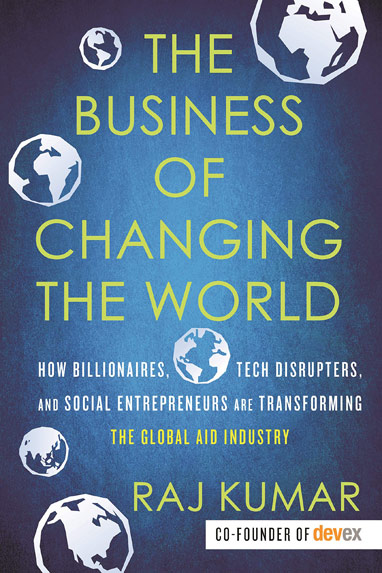
The Business of Changing the World
How Billionaires, Tech Disrupters, and Social Entrepreneurs Are Transforming the Global Aid Industry
Raj Kumar
In 2000, Raj Kumar and friends created Devex, an online community for global development that matches up organizations with funding opportunities. This book was written 20 years later to provide a clearer picture of how the aid industry operates, and where it’s headed.
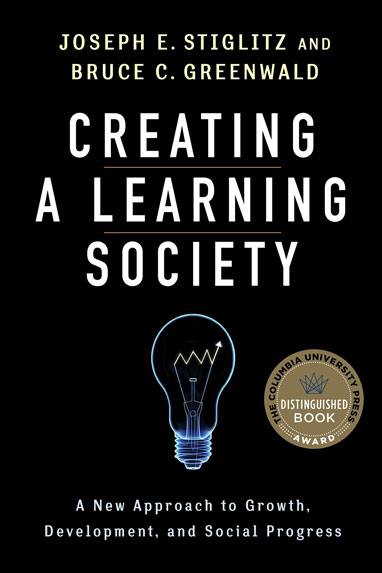
Creating a Learning Society
A New Approach to Growth, Development, and Social Progress
Joseph E. Stiglitz
A Nobel economist and a leading finance expert posit the view that learning is more important to growth and development than the accumulation of capital.
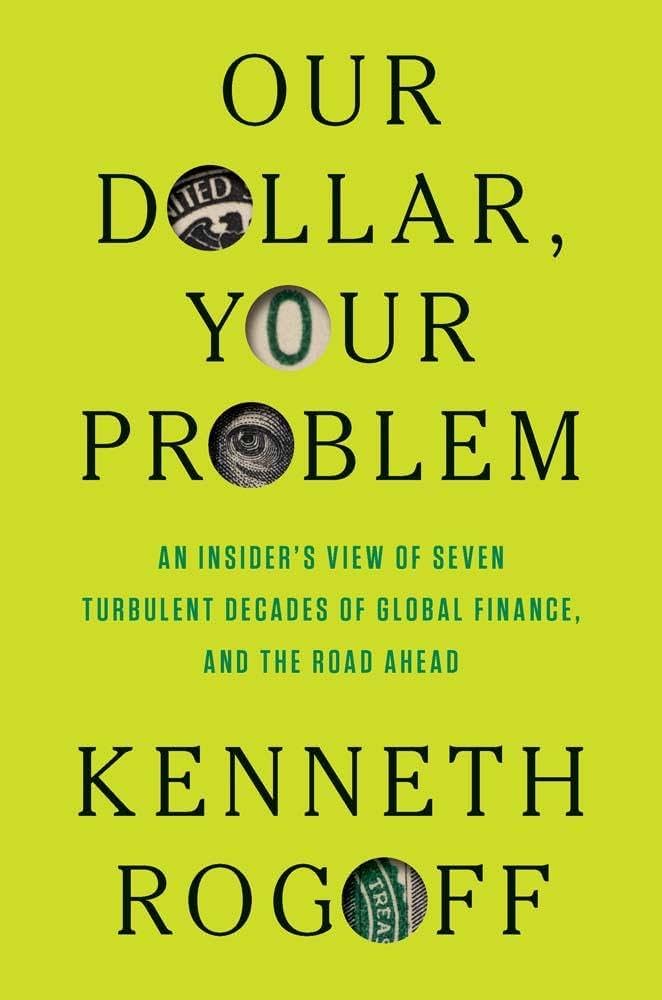
Our Dollar, Your Problem
An Insider’s View of Seven Turbulent Decades of Global Finance, and the Road Ahead
By Kenneth Rogoff
Reviewed by Ayubkhon Azamov
In Our Dollar, Your Problem an American economist explains why the primacy of the US dollar has endured, while its future remains untenable owing to the debt crisis.
In the series: The Changing World Economy
- Trust, Faith and Confidence–Value and the Role of Money
- Risk, Gambling, and Financialization
- Aid: Ending Global Poverty
- Forgiveness of Debt and the Creation of Money
- End Times: Elites, Counter Elites, and the Path of Political Disintegration
- Capital in the Twenty First Century
- The Business of Changing the World
- Creating a Learning Society
- Our Dollar, Your Problem
Further Reading »
External Stories and Videos
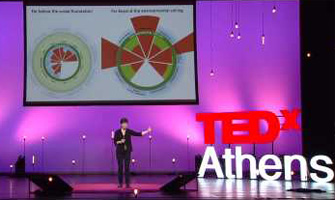

Why It’s Time for “Doughnut Economics”
Kate Raworth, TEDx
Economic theory is centuries out of date and that’s a disaster for tackling the 21st century’s challenges of climate change, poverty, and extreme inequality. Kate Raworth flips economic thinking on its head to give a crash course in alternative economics, explaining in three minutes what they’ll never teach you in three years of a degree. Find out why it’s time to get into the doughnut…

